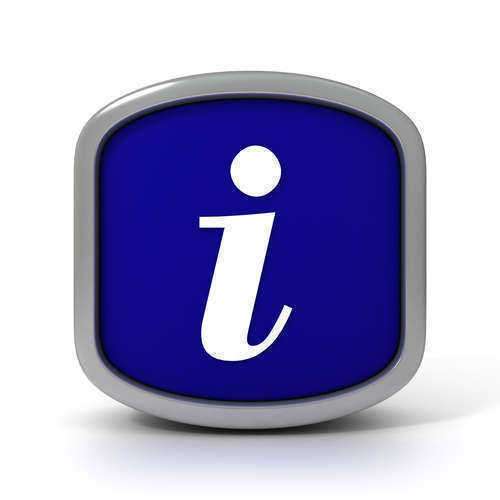Cancellation or Surrender of a Negotiable Instrument
While payment is the primary method of discharge of obligation for the party holding the obligation, another means of discharge is for the negotiable instrument which is the source of the obligation to be canceled. Under the UCC (Uniform Commercial Code), the holder of a negotiable instrument can cancel the instrument. This holder has to be the party entitled to enforce the instrument according to the UCC. The holder can cancel the instrument in any number of ways, under a myriad of circumstances, because the holder has primary power over the instrument.
Any action that the holder takes with regard to the negotiable instrument designed to show discharge of obligation will generally be enough to discharge that negotiable instrument. The key element here is that those actions must be designed to show discharge of the negotiable instrument. If the holder, for instance, tears up a check with intent to discharge all obligation from the check, then the act will have done so.
If the holder writes "Paid" across the check with the same intent, then the same function will be served, according to the UCC. The holder can cancel the instrument for individual parties by crossing out those parties' signatures on the check, thus removing their obligation (but notably under the UCC, not removing their status or rights as gained from the endorsement of the instrument). Another way to cancel the instrument would be to give, or surrender, the instrument to the party being discharged of obligation.

Such actions would, unless oriented at a specific party, discharge the obligations of all parties. As long as the holder took these actions knowingly and with intent to cancel the instrument, then they hold legal weight regardless of the fact that they might take a number of different forms.
If, on the other hand, the holder takes any such action without intent to cancel the instrument or discharge the debt, then the instrument is not canceled. This is enforced outside of the UCC, thanks to such cases as Huntington National Bank v. Mark, which held that an unintentional clerical error leading to the phrase "paid" being written across a check did not actually cancel the instrument.
The only way to cancel the instrument is to genuinely intend to do so; simple mistakes will not have the same effect. Thus, accidentally tearing a check in two would not cancel the instrument. Furthermore, if the holder was not the party to tear the check in two, then the action would similarly not cancel the instrument regardless of the intent of the tearing party. As the UCC states, the only person who can release the obligation from the negotiable instrument and cancel the instrument is the person entitled to enforce that instrument.
A holder can similarly cancel the instrument by renouncing his or her rights towards the instrument in a written document, according to the UCC. If the holder agrees not to sue a party obligated to the holder through the negotiable instrument, or if the holder renounces his or her rights against that party, then the holder has essentially canceled the instrument for that party.